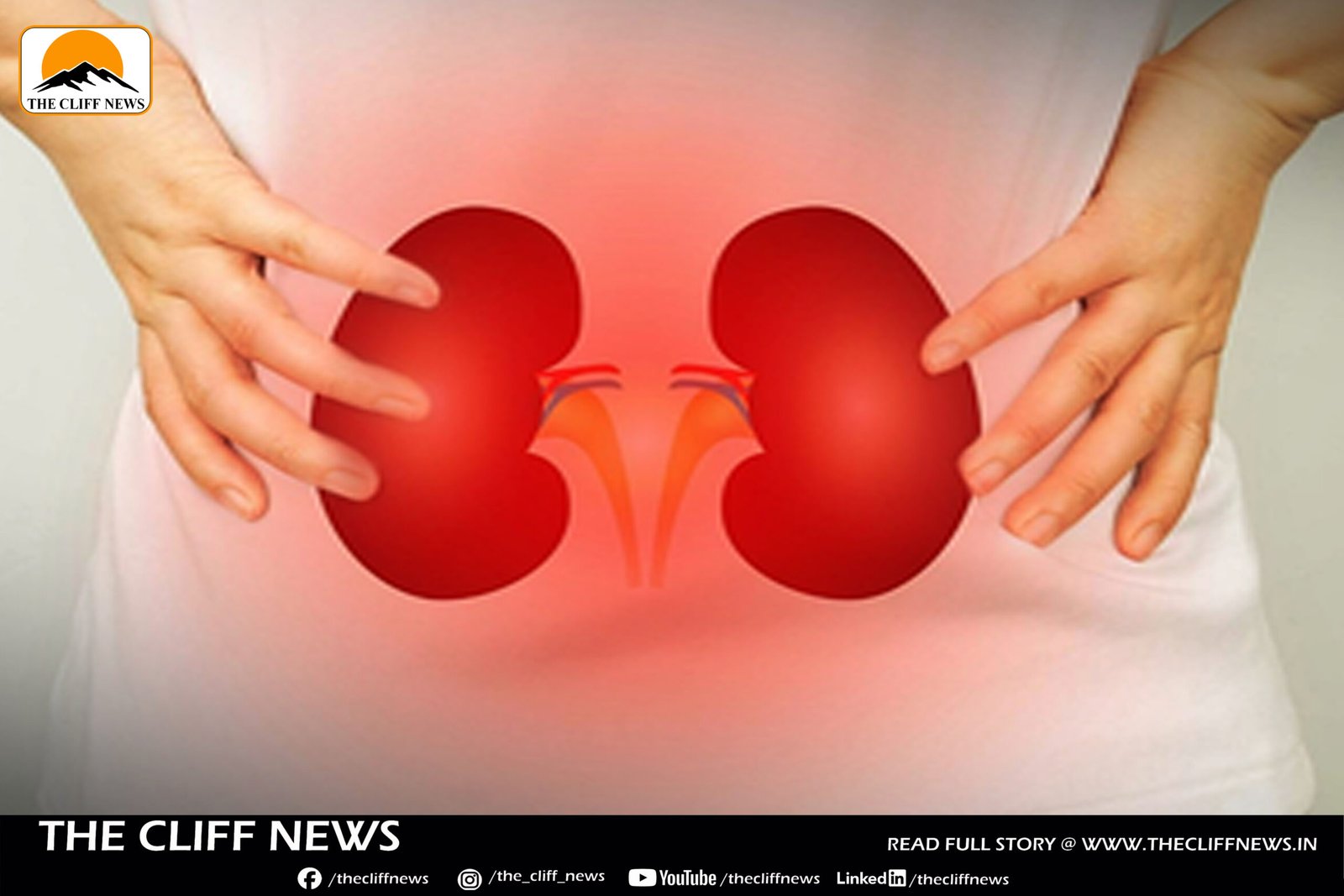As protein-rich diets and supplement use skyrocket across India, driven by fitness trends and social media influencers, health experts are raising red flags about a growing but largely invisible health crisis: chronic stress on the kidneys.
From gym enthusiasts chugging protein shakes to busy professionals relying on bars and powders, protein is increasingly seen as a shortcut to wellness. But behind the performance push lies a silent risk—to the body’s most underappreciated organs.
Protein Overload and the Kidney Burden
Protein is essential for muscle repair, immune function, and overall health. But excessive intake—especially from concentrated sources like animal protein, whey supplements, and powders—can overwork the kidneys. These organs filter nitrogenous waste like urea and creatinine, byproducts of protein breakdown, and an overload can trigger a state called hyperfiltration.
While initially asymptomatic, prolonged hyperfiltration can cause micro-damage to the kidneys, especially in individuals with preexisting conditions like diabetes, hypertension, or genetic renal vulnerabilities.
“It’s like revving a car engine at full throttle every day. Eventually, parts wear out,” said a nephrologist from AIIMS Delhi, who noted an alarming uptick in young adults showing early signs of proteinuria and reduced kidney function.
ICMR Issues Advisory on Protein Use
Recognizing the potential threat, the Indian Council of Medical Research (ICMR) has updated its dietary guidelines, urging caution in supplement use, especially by non-athletes and those without a medical need.
The ICMR notes that intake beyond 1.5–2 grams per kilogram of body weight can not only tax the kidneys but also lead to calcium depletion, bone density issues, and an increased acid load in the body. In contrast, plant-based proteins such as lentils, soy, and nuts are found to be less harmful to kidney health than red meat or dairy-based powders.
Fitness Boom, Health Bust?
India’s sports nutrition market, now worth over ₹7,000 crore, is booming. But health experts caution that many adolescents and young adults are self-medicating with protein, unaware of the risks.
“Protein myths have replaced science,” says dietitian Shalini Bhargava. “People believe more protein means more fitness, but they forget that the kidneys can’t raise an alarm until the damage is already done.”
The Path Forward: Balance Over Hype
Doctors recommend adults aim for 0.8 grams of protein per kilogram of body weight, unless higher intake is medically advised. Those on high-protein regimens—especially with chronic conditions—should monitor their eGFR (estimated glomerular filtration rate) and urinary albumin levels regularly.
In the quest for better bodies and stronger lifestyles, experts stress a simple mantra: moderation matters. Chasing health should not come at the cost of silent organ damage.
“Fuel your body wisely,” says Bhargava. “Because no workout can fix a failing kidney.”



